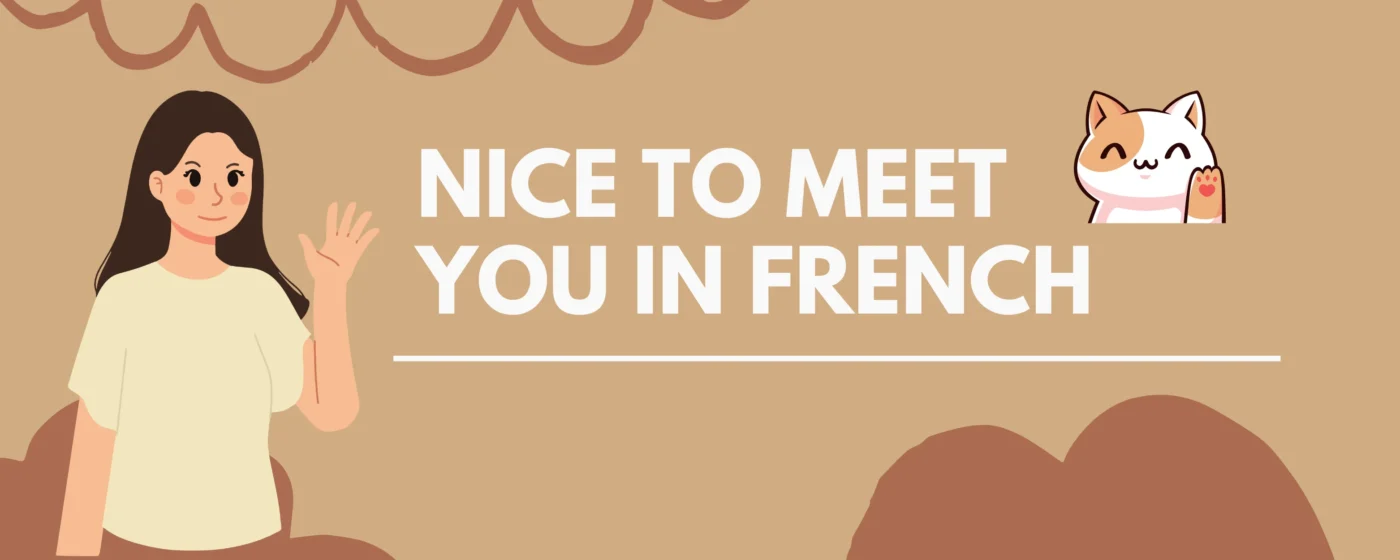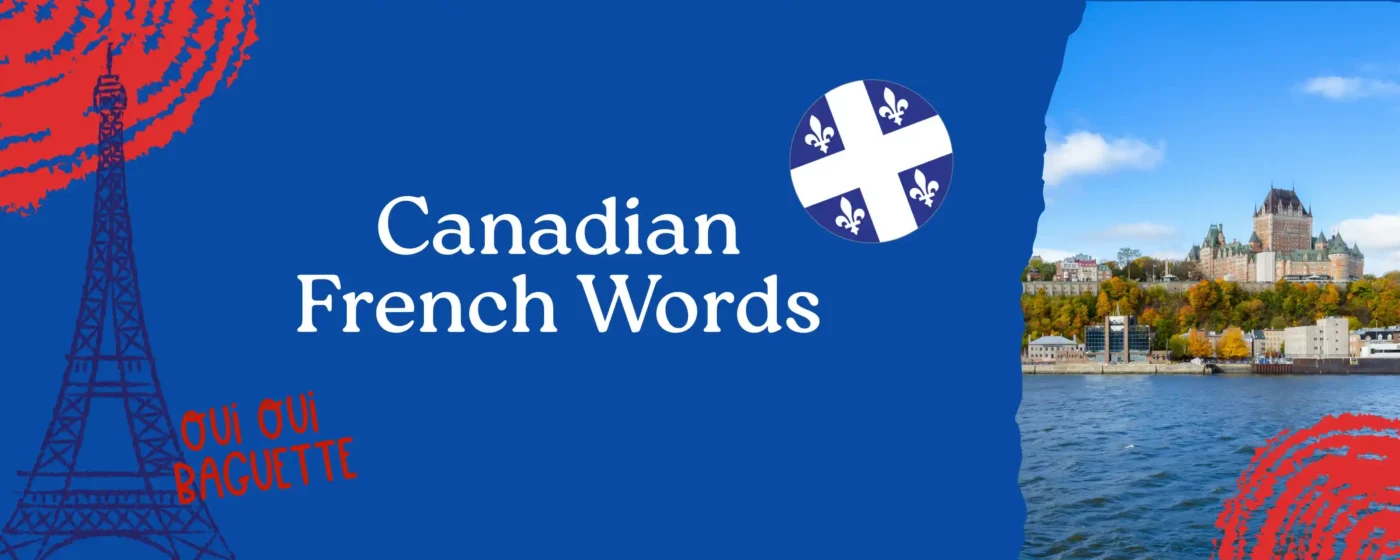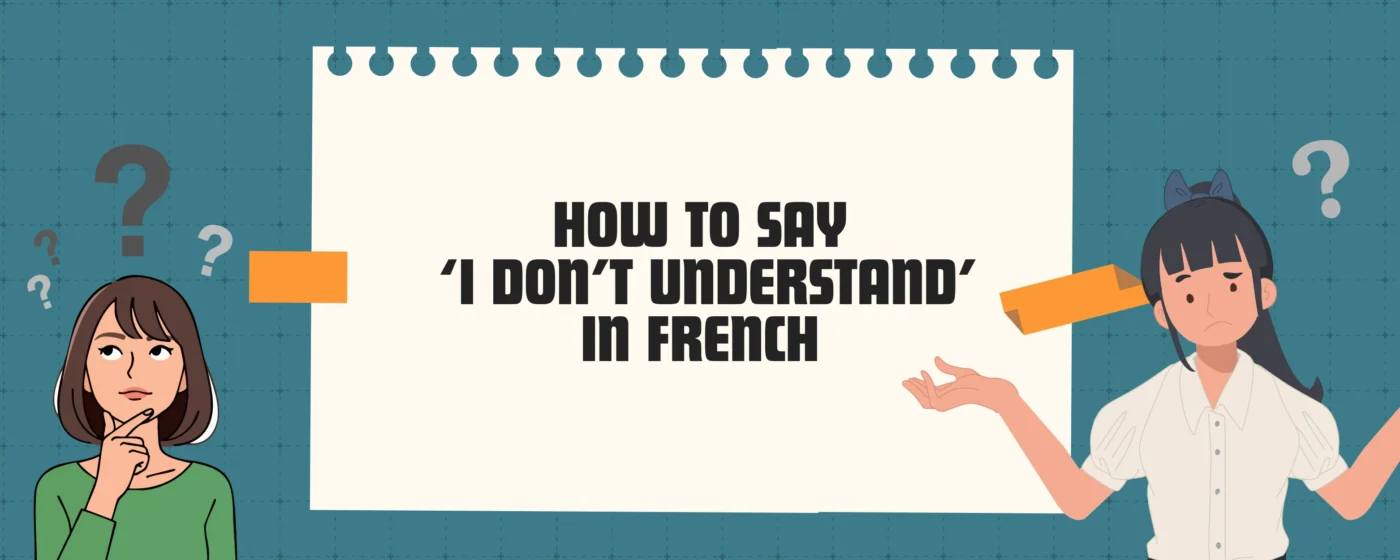Top 9 Ways to Say “Nice to Meet You in French”

Knowing polite expressions in French is essential for both social and professional settings. They demonstrate your respect, kindness and cultural awareness which are key elements to deep understanding and effective communication. Whether you’re greeting someone, asking for help or being grateful. With polite expressions, your day-to-day interactions will be smoother, more interactive and more meaningful.
Key Takeaways
- Learn the different ways to say the “nice to meet you” sentence in the French language, and also practice it more to enhance your fluency in French.
- You can learn formal and informal words for “Nice to meet you” in the French language, along with common phrases for this sentence.
This word gives you Casual vibes, such as Heureux(se) de te rencontrer or trendy Super de te rencontrer, nail friend meets or classmates. - Know the Modern twists words such as Content(e) de te voir enfin (happy to finally see you) or Quebec’s Heureux(se) de vous avoir rencontré feel personal and regional.
- Learn the different reply words with Enchanté de même, Ravi également, or just mirror them—keeps the polite flow going smoothly!
Why Do Polite Phrases Matter in French Culture?
Politeness is woven into French culture carefully reflecting respect, harmony and kindness towards each other. French people are encouraged to use respectful phrases in their conversations from the beginning. They are socially mindful and have a great sense of communication. They perfectly use their phrases for formal situations that need refined phrases or casual situations with friends or peers which demand more relaxed and comfortable phrases. Politeness remains a constant for helping in building stronger connections and a sense of community.
Understanding the proper way to greet someone in French depends on recognizing the difference between formal and informal expressions, and tailoring your language to the social situation.
Common Phrases for Saying “Nice to Meet You” in French
Enchanté(e)
Enchanté(e) is a classic and most frequently used word to say “Nice to meet you”. You can use this phrase for both formal and informal situations without hesitation.
For males, they would use “Enchanté” and females “Enchantée”. However, they sound exactly the same. It expresses the wamrth that you’re delighted to meet someone.
English translation: Nice to meet you
Pronunciation: on-shon-TAY
Example: Bonjour Crystal. Enchantée (Hello Crystal, Nice to meet you)
Ravi(e) de faire votre connaissance
Ravi(e) de faire votre connaissance is a very formal nice and respectful phrase, often used in formal and professional settings. The phrase ‘ravi de faire votre connaissance’ is a model of formality in French, especially appropriate when meeting colleagues, supervisors, or important individuals.
It is commonly used in formal and informal contexts depending on the pronoun: ‘votre’ signals a formal context, while ‘ta’ would be used informally. Similar to enchanté(e), males use “Ravi” and females add an extra “e” to it. The pronunciation stays the same. You can use this phrase to make a long lasting impression, particularly in business, official, or seniority-related situations.
English translation: It’s a pleasure to make your acquaintance
Pronunciation: rah-VEE duh fair VO-truh koh-neh-SAHNS
Example: Meeting your favorite author
Bonjour Monsieur, ravi(e) de faire votre connaissance, Je suis votre grand fan. (Hello Sir, Nice to meet you, I am your big fan).
Greeting someone in French can vary depending on the context. Our guide on 10 Ways to Say Hello in French for Every Situation helps you greet confidently in any scenario.
Informal Expressions for “Nice to Meet You” in French
Heureux(se) de te rencontrer
This phrase clearly expresses your happiness when meeting someone new. It’s commonly used when meeting people for the first time in informal settings, such as meeting a new peer, colleague, or relative. The word “te” is more suitable for informal interactions rather than formal and professional ones. Females use Heureuse and males use Heureux.
English translation: happy to meet you
Pronunciation: for females: uh-REUHZ duh tuh ron-kon-TRAY, for males: uh-RUH duh tuh ron-kon-TRAY
Example: You’re meeting a new classmate.
Salut ! Je m’appelle Marie
Salut Marie, heureuse de te rencontrer! (Hello, my name is Marie. Hello Mairie, happy to meet you).
Phrases for Professional Settings
C’est un plaisir de te rencontrer
This phrase is perfect for professional meet-ups. Using “c’est un plaisir de” is a polite and respectful way to begin a professional interaction. Whether you’re in a business meeting, interview, or speaking with someone in a senior position, this reflects deep respect. You can leave a strong first impression and show that you value the interaction.
English translation: It’s an honor to meet you
Pronunciation: seh uh(n) oh-NUHR duh fehr VOH-truh koh-neh-SAHNS
Example: At a job interview.
Bonjour Madame, C’est un honneur de faire votre connaissance (Hello ma’am, It’s an honor to meet you).
Je suis ravi(e) de vous rencontrer
This phrase works well in both formal and semi-formal situations. It shows warmth while keeping a polite and respectful tone. Using “vous” is appropriate when meeting a new colleague, starting an internship, or attending a business meeting. Bien sûr, using this phrase is always appropriate in formal or semi-formal situations. In more informal encounters like meeting someone of your age or in a relaxed social context you can simply move to “te” for a more friendly feel. For females we add an extra “e” to ravie.
English translation: I’m delighted to meet you
Pronunciation: zhuh swee rah-VEE duh voo ron-kon-TRAY
Example: At a business meeting
Bonjour Chloé, Je suis ravie de vous rencontrer. (Hello Chloé, I am delighted to meet you).
Stop Guessing, Start Speaking!
With our expert tutors, you’ll master the words you need to speak French confidently!
Modern Alternatives to Traditional Phrases
Super de te rencontrer
This is a Gen Z friendly phrase often used during casual meetups between friends, classmates, or peers. It feels more relaxed, friendly, than traditional expressions like “Enchanté.” This phrase is warm and cheerful, making it perfect for informal situations.
Native English speakers may find this phrase more casual than traditional greetings, and might not be familiar with its use in French informal contexts.
English translation: Great to meet you
Pronunciation: soo-PEHR duh tuh ron-kon-TRAY
Example: Meeting an online friend in a party
Salut Catherine Super de te rencontrer (Hello Catherine, Great to meet you)
Content(e) de te voir enfin
This phrase expresses real happiness after finally seeing someone in person, especially when you’ve been longing to meet them. It’s used for situations like meeting an online friend, reconnecting with an old peer, or seeing a long-distance friend or colleague. The word enfin (“finally”) adds a profound, emotional touch, which makes it more personal, warm, and deep. Add an “e” in “content” for females.
English translation: Happy to finally see you
Pronunciation: kon-TAHN (or kon-TAHNT for females) duh tuh vwar ahn-FEH(n)
Example: Meeting a social media friend.
Coucou bestie! Contente de te voir enfin après tous ces mois. (Hello bestie, Happy to finally see you after so many months).
Many learners struggle with tricky French pronunciation. If you want to improve, explore this guide on 13 Hard French Words to Pronounce and practice them with confidence.
Regional Variations of Nice To Meet You
Heureux(se) de vous avoir rencontré (Quebec French)
This is a Quebec French phrase that expresses delight and appreciation after meeting someone. Unlike other French phrases used during introductions, this one is mostly used after the meeting or at the end of a conversation. It adds a warm, respectful touch and shows your sincerity, a heartwarming reflection of Québécois politeness.
The phrase means “it was a pleasure to speak with you” and is typically used in formal contexts, especially with the pronoun “vous,” such as in professional or respectful scenarios.
English translation: Happy to have met you
Pronunciation: for males uh-RUH duh voo za-vwar ron-kon-TRAY
For females: uh-REUZ duh voo za-vwar ron-kon-TRAY
Example: After a formal event in Québec.
Bonjour Louis, Heureux de vous avoir rencontré, À bientôt (Hello, happy to have met you, see you soon)
Enchanté(e) de te connaître (informal/familiar use)
This phrase goes beyond a simple “Nice to meet you.” It shows connection and familiarity with the other person. By saying ”Enchanté(e) de te connaître”, you’re not just acknowledging the introduction but also showing that you’ve gotten to know the person on a more personal level. It’s perfect for informal settings where a new and meaningful bond has started to form.
English translation: Nice to get to know you
Pronunciation: on-shon-TAY duh tuh koh-NEHTR
Example: You’re meeting a long-distant friend after a long time.
Tellement de temps est passé… Enchanté(e) de te connaître. (So much time has passed, Nice to get to know you).
Responding to “Nice to Meet You” in French
When someone greets you with a polite “nice to meet you” in French, it’s customary to respond with a similar phrase to show your appreciation and courtesy. Common responses include “plaisir de vous rencontrer,” “ravi de vous rencontrer,” or simply repeating “enchanté” if that’s what you heard. These phrases let the other person know that you’re equally pleased to meet them.
You can also add a friendly touch by saying “de même” (likewise) or “également” (also). For example, if someone says, “Ravi de vous rencontrer,” you might reply, “Ravi de vous rencontrer, également.” Or, if you hear “Enchanté,” you can respond, “Enchanté, de même.” Using these polite responses in conversation helps create a positive atmosphere and shows that you value the interaction, whether you’re meeting someone for business or in a social setting.
Expressing gratitude in French can be charming and culturally enriching. Our guide on Top 10 Ways to Say “Thank You” in French will help you sound authentic in conversations.
Frequently Asked Questions
1. How do you say “Nice to meet you” in French in one word?
The widely used one-word way to say “Nice to meet you” in French is Enchanté and you add an extra ‘e’ if you’re a female. It literally means “enchanted” but means delighted and is used for both informal and formal situations.
2. Can a woman say “Enchanté” to a man?
No, a woman should say Enchantée to a man or a female. The ending with “ée” reflects the speaker’s gender, not the person you’re addressing.




